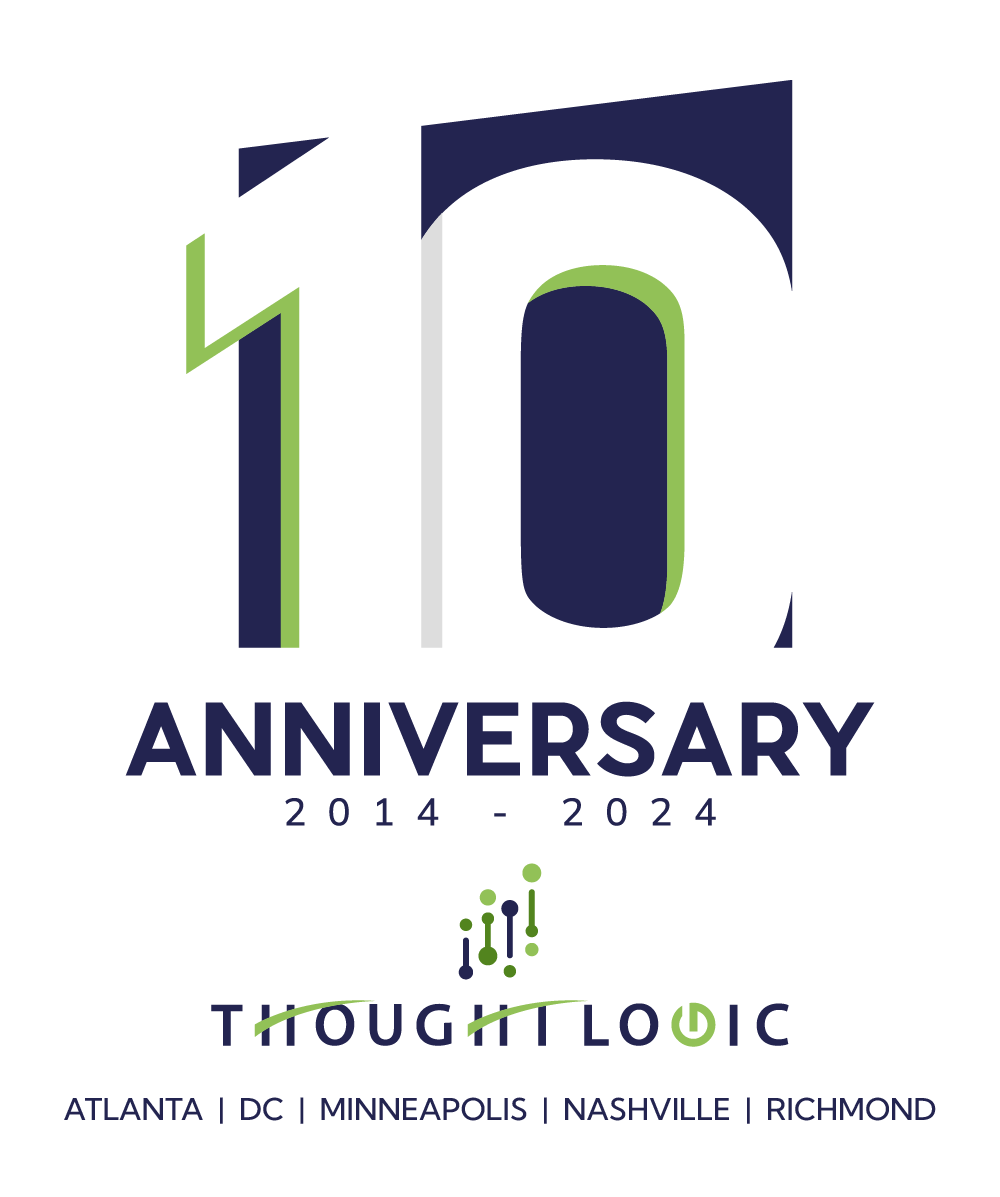Why Resurrect Employee Value Proposition (EVP)?
In today’s business world, big buzzwords include digitalization, innovation, agility, analytics, artificial intelligence, waste minimization, etc. But one concept of the past that should be considered for resurrection is… Employee Value Proposition.
It was not even a decade ago when the workforce searched for their “jobs for life,” a place to develop and grow their careers and rise to the top of a company. In the talent space over the past two years, we have seen an unpredictability in the workforce with… The Great Resignation, The War for Talent, The Rise of Remote Work, The Great Resignation- Round #2, Quiet Quitting, etc. With the evolving waves of talent and the pressure for businesses to maintain and increase market share and revenue/margins, companies must take time to rethink their Employee Value Proposition to attract and retain talent to meet the increasing demands of today’s business world.
Why Employee Value Proposition (EVP)? An EVP is the employer’s statement of what their company has to offer current and future employees. It is rooted in the purpose statement of the company as well as both tangible and intangible offerings that an employer is willing to provide to create a desirable and fulfilling place of work for the right talent, including company culture, values, growth opportunities, employee rewards, and overall teaming dynamics within the company. According to a Gartner study, organizations that effectively deliver on their EVP can decrease annual employee turnover by just under 70% and increase new hire commitment by nearly 30%.
As the market and employer-employee power balance continue to shift, it is important for employers to ask themselves a simple question… does our company’s EVP resonate with the talent that we want to attract and retain to maintain or improve our position in today’s marketplace?
The Changing Dynamics of Workforce and Workplace
Twenty years ago, employers controlled the terms around the employer-employee contract, i.e. conditions around employment and working environment. During that time, the worker mindset was “if I work hard for my employer, I will be rewarded with advancement opportunities and financial benefits.” Given this mindset, the employment factors that were most important to the workforce included job security, company brand and reputation, competitive compensation and benefits, managerial style and fairness, and geographic location.
Recently, there has been a shift in power from the employer toward the workforce due to talent shortages and skill gaps, advent of social media and company reviews, pandemic-influenced changes, work and life priorities, and a desire for remote work or flex work arrangements. Competitive compensation is still important to today’s workforce, but also important are positive culture and inspirational leadership, work-life balance, meaningful and purposeful work, flexible work arrangements, and development and career growth.
Although this balance of power ebbs and flows, it is critical for employers to set themselves apart from other companies in attracting and retaining similar types of high performing talent that will contribute to achieving business goals. According to Gartner, an attractive EVP can reduce an organization’s compensation premium by 50% and reach 50% deeper into the labor market when candidates view an EVP as attractive.
Companies with a Successful EVP
Companies that invest time to develop and follow through on a thoughtful and meaningful EVP will attract top talent, improve employee retention and engagement, increase employee advocacy for the company while enhancing employer branding and reducing talent acquisition costs. A Gartner study states that only 31% HR leaders think their employees are satisfied with their current EVP, and 65% recruiting candidates report they dropped from a hiring process due to an unattractive EVP. Below are examples of companies with successful EVPs that attract and retain top talent by fostering a workplace where employees thrive.
Google: Google’s EVP is centered around a culture of innovation, employee empowerment, and work-life balance. Google stands behind its EVP by offering flexible work schedules, onsite amenities, career development opportunities, and a focus on employee well-being. Google’s follow through on their EVP has attracted top talent and contributed to a highly engaged and productive workforce.
Procter & Gamble (P&G): P&G places a strong emphasis on its purpose-driven culture, growth opportunities, and focus on diversity and inclusion. The company offers comprehensive benefits, work-life balance programs, and continuous learning and development initiatives. P&G’s EVP has helped attract and retain top talent, resulting in a diverse and highly motivated workforce.
The Walt Disney Company: Despite recent layoffs, Disney’s EVP has been traditionally strong. Disney’s EVP is widely known for its commitment to storytelling, creativity, and entertainment. Disney reinforces its EVP by providing unique benefits like theme park access, employee discounts, and career development opportunities across its various business segments. Their EVP and strong culture have attracted a workforce that is engaged and visibly demonstrates pride and advocacy for the company.
These companies have successfully created and integrated the tenets of a strong EVP which aligns individual goals with the organization’s mission and creates a sense of purpose that rises above the ordinary. It propels businesses forward by enhancing engagement, productivity, and innovation.
Critical Success Factors for EVP
Thought Logic recommends the following critical success factors for a company to enable an attractive and effective EVP. If designed and managed well, an EVP will resonate with employees, contribute to a positive employer brand, and help the company attract and retain top talent. A strong EVP drives valuable employee experiences but also creates better financial outcomes. According to RedThread Research, companies that focus on the employee experience outperform others in the S&P 500 by 122% and make 4.2x the average profit.
- Mutual Alignment: A company’s EVP should strongly align with its purpose, vision, and values. However, it should also align with employees’ personal values. When employees feel a strong alignment between their personal values and those of the company, they are more likely to feel engaged and motivated. 75% of employees expect employers to be a force for good. Only 1 in 4 will work with a company whose values do not match their personal values, according to Future Workplace & Blue Beyond Consulting
- Relevancy & Adaptability: For an EVP to attract and retain talent, it needs to address the specific needs and expectations of the target audience. In a Gartner survey, 50% employees changed their expectations toward their employer post-pandemic, and 73% employees in a Microsoft survey say they need a better reason to go to work than just company expectations. Understanding the demographics, aspirations, and preferences of your current and potential employees helps tailor the EVP accurately. As workforce and market trends continue to evolve, companies should monitor EVP target outcomes and adapt the EVP to changing workforce needs, ensuring that it remains relevant and competitive.
- EVP Differentiation: A successful EVP is not a “one size fits all” but reinforces to employees why they chose this company for employment. EVP is not just about salary and benefits; it is also about the employee experience. It should highlight the unique employment aspects that resonate with critical talent audiences and set the organization apart from competitors, such as the company’s culture, benefits, development opportunities, and work environment.
- Clear Communication: It is important that the company’s EVP is clearly understood by recruiting candidates and employees. Companies can effectively communicate their EVP through various in-person and self-serve channels, both internally and externally. Communications should leverage compelling language and storytelling to convey the company’s differentiated value proposition and its benefits.
- Company Authenticity: This may be the most difficult of the success factors. An EVP cannot be successful with just words alone but must be genuine and accurately reflect the employee experience within the company. An EVP that overpromises and underdelivers can lead to disengagement and attrition. According to a McKinsey report, 40% of workers said that they are thinking about leaving their jobs in the next three to six months. Company leaders and managers are critical to the success of the EVP. Authenticity builds trust and fosters a positive employer brand.
- Financial Sustainment: There are many benefits that can differentiate companies. Some benefits require more financial investment, e.g. salary and bonuses, health insurance and wellness programs, and retirement savings plans, etc. Other benefits require less investment, e.g. remote work options, diverse and inclusive workplace, etc. Companies should determine which benefits are most meaningful to critical talent groups while keeping an eye on financial sustainability.
With a diverse workforce and varying desired working conditions, companies must remain focused on the target talent group for attraction and retention and align company investment and leadership focus on the most meaningful EVP elements. Organizations that can develop an EVP that resonates with employees and contributes to a positive employer brand, will help the company attract and retain top talent.
In Summary
Employers are recognizing the need to adapt their strategies to attract and retain talent in a competitive labor market. As we navigate a continually changing world, EVP remains critical and a constant; a guiding star for companies to navigate the competitive talent landscape. It is rooted in authenticity, reflecting the purpose and heart of an organization. The journey towards a compelling EVP is not just about attracting employees; it is about inviting them to be part of something larger and meaningful.
Coming soon… Be on the lookout for the next article in Thought Logic’s Employee Value Proposition series that provides a deeper dive on key benefits that companies may consider when developing a unique EVP for attracting and retaining talent.

About People + Change
Thought Logic’s People + Change smartSolution helps businesses reimagining the power of people to excel in an environment of continuous change.

Sign up to receive future Insights in your email box.
Never miss an update.









